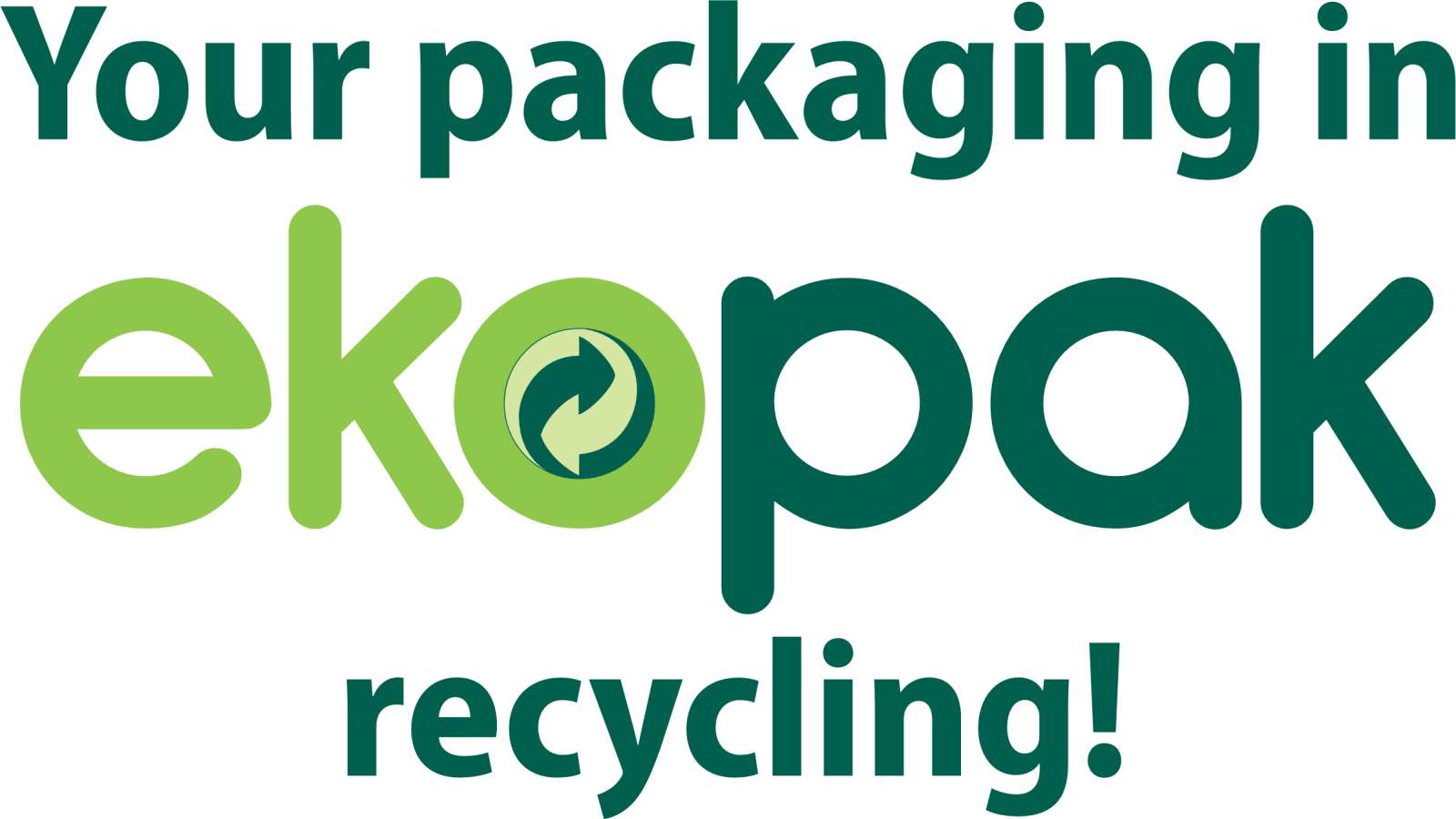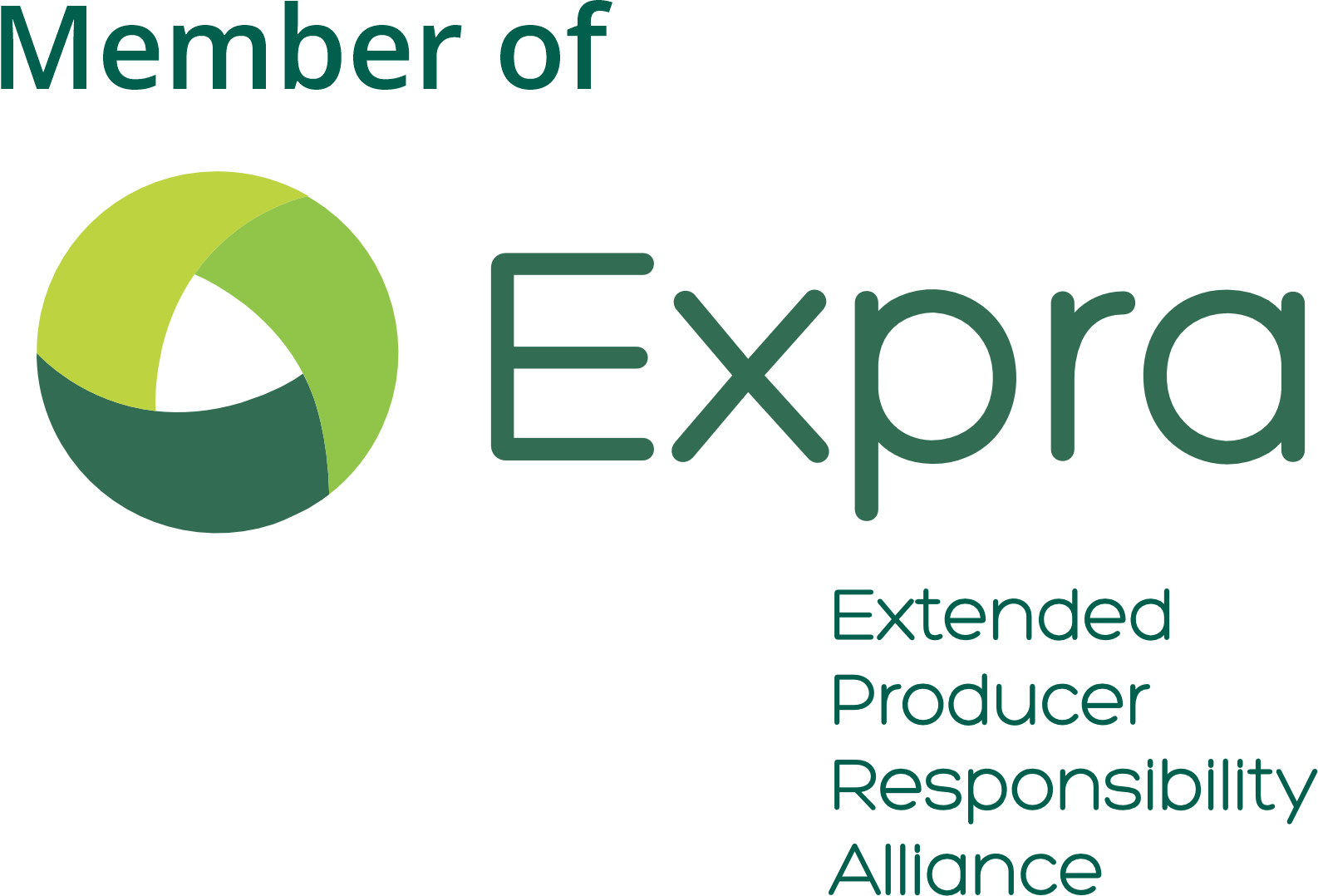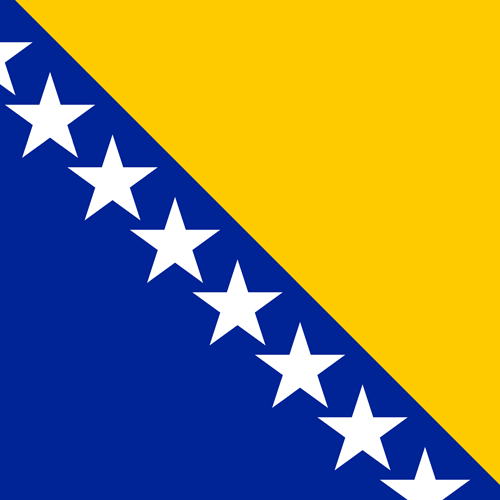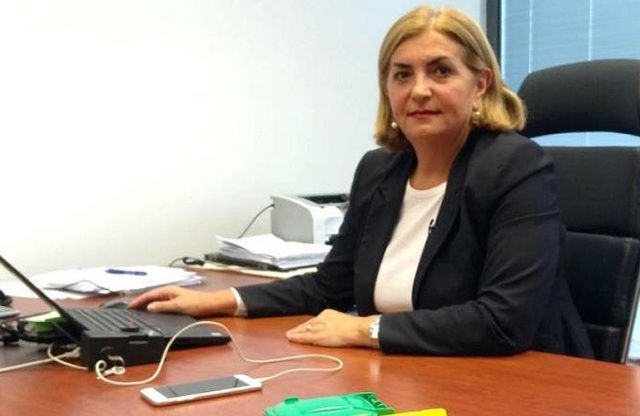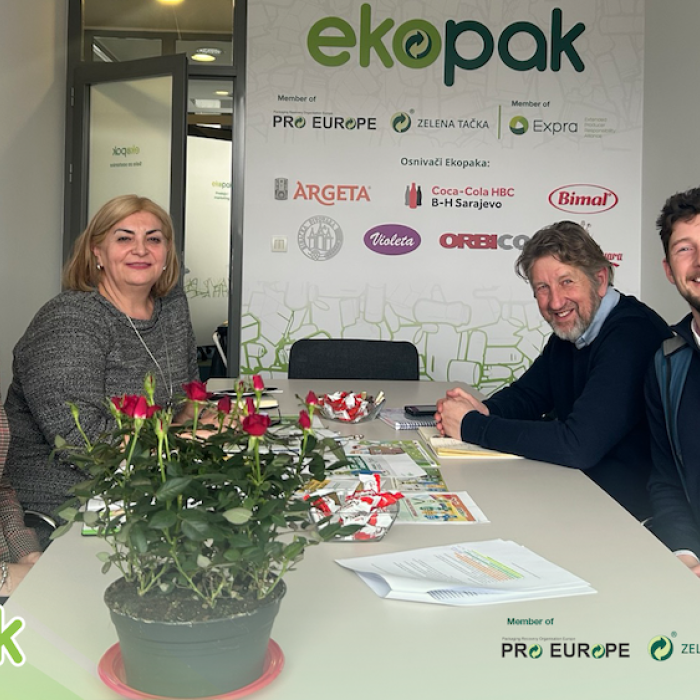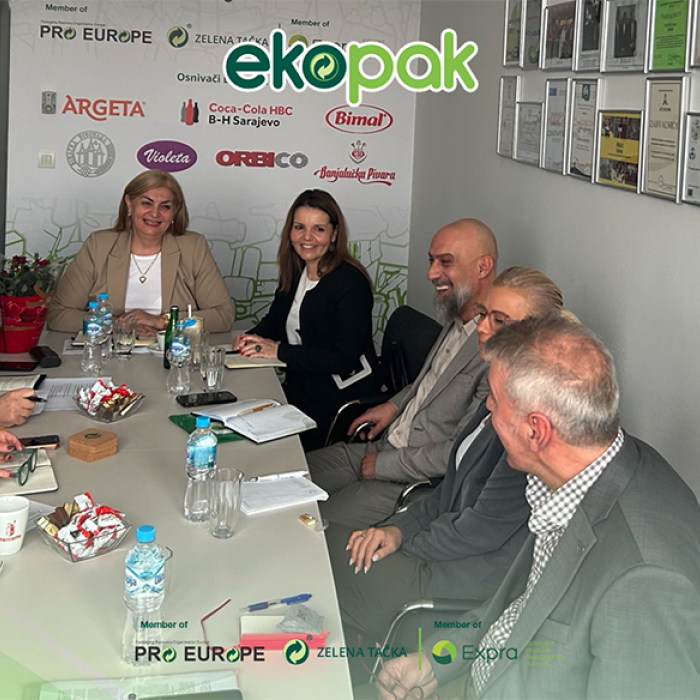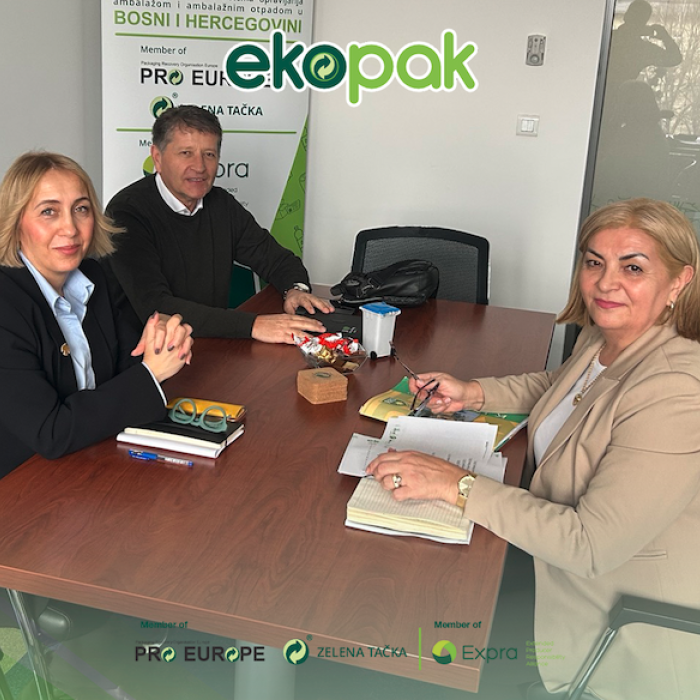It is a challenge to deal with recycling management in a pandemic situation
Hazardous materials are mixed with other waste when disposed of in containers, there is a great possibility of infection of citizens and utility workers and we hereby appeal to the population to pack hazardous materials in one extra layer of plastic bags in order to limit the population's exposure to hazardous material.
Corona virus pandemic has caused numerous negative consequences to the economy of our country and thus to companies companies from recycling industry. Although in recent months there has been a large decline in collected and treated packaging waste, Ekopak in cooperation with its business partners – collectors of packaging waste managed to keep operative packaging waste recycling chain in BiH. In this regard, we spoke with managing director of Ekopak, Amela Hrbat.
How did the emergency situation caused by the corona virus pandemic affected Ekopak operations and activities, but also other companies from the recycling industry?
HRBAT: Despite the difficult situation, in cooperation with our partnerswe managed to maintain the recycling system. Of course, there has been a significant decrease primarily in the purchase of packed products which directly affects our business with less packaging being reported in the system. Consequently, there is a reduction of packaging waste amount generated by consuming of products that ultimately also reduces the amount of packaging waste we are obliged to collect and recycle in order to meet the prescribed recycling targets. Of course, all this slows down further development of the packaging waste recycling system and negatively affects our business. Despite all these challenges, we make additional efforts to protect and maintain established system.
All these years you have managed to meet the packaging waste recycling goals. You started with 8 percent of the collected and recycled packaging waste and this year the percentage was 35 percent.
HRBAT: We are satisfied with the progress, however, this situation with the corona virus pandemic will significantly affect the results in 2020. So far, in cooperation with our partners, every yearwe managed toexceed prescribed targets. From 2012 until today, we have handed over more than 70,000 tons of packaging waste for recycling. Of course, our commitment is to continue to develop the system, because it cannot be established overnight, it is a process that gradually gives results.
Do you expect help from state institutions and what measures do you think the state should take to save the business of recycling companies?
HRBAT: Yes, we had meetings with the Federal Ministry of Environment and Tourism and outlined the problems ofPROs and packaging waste collectors on the field. We are pleased to have support of Minister Mrs.EditaĐapo, who understands the challenges we face. It is extremely important to have this communication, because in an open dialogue and with respect of the facts, we can continue to work on the development of the system.
What do you expect in 2020 in terms of business?
HRBAT: To keep the recycling system, to support Ekopak partners and of course to achieve a positive business results.
The debate on changing the recycling system in BiH has resumed. Many are demanding that the current system of "extended producer responsibility" be changed to the "deposit system" as it is in force in Croatia. Why do you think our system is better than in Croatia?
HRBAT: First of all, I would say that our system of "extended producer responsibility" has been introduced in almost all European Union countries, including our neighborhood with the exception of Croatia, which has established a unique system, unrecognizable in the rest of Europe. Through the "extended producer responsibility" system, we have included all types of packaging waste in recycling, regardless of the type of material, regardless of which product was packed in the packaging and regardless of the place where the packaging waste was generated. All this is done at the lowest sustainable costs, so that we fulfill everything that is prescribed, without affecting the price of the product packaging.
Through the system as it is in Croatia, only a part of packaging waste (packaging of beverages) is included in the system with extremely high costs borne by the packaging industry and ultimately by consumers who pay for more expensive products in packaging due to this system. As only the aforementioned packaging has been collected in Croatia since 2006. Croatia, as a member of the European Union is not able to meet the objectives of the EU Directive, to which it has committed itself in its accession negotiations.
That is why, in the last couple of years, equipment has been intensively provided in Croatia and containers for separate waste disposal have been set up. There is the absurdity that the state has introduced an obligation to treat different types of packaging waste differently, e.g. with plastic bottles: a bottle of drinking water is in deposit and you return it to the store to get back the deposit you paid for when you bought the product, but the bottle of distilled water is not in deposit and you put it in a yellow container. Practically, two systems are being developed and double costs are being generated. Experience shows that it is more rational and efficient to develop a single integrated system. We are lucky that our Federal Ministry of Environment and Tourism recognized these challenges and opted for a system of "extended producer responsibility".
How do you see Ekopak in ten years?
HRBAT: Ekopak will remain the leading operator in FBiH and in cooperation with our partners and other stakeholders we will develop a transparent and sustainable packaging waste recycling system, based on best European practices.
Hazardous materials must be disposed of in another layer of plastic bags. At a time of the coronavirus pandemic, systemic approach of waste management is extremely important for our community and public health. We are witnessing increased production and use of protective equipment such as masks, gloves, protective suits and other means that are often improperly disposed after being used.
Since hazardous materials are mixed with other waste when disposed in containers, there is a great possibility for infecting citizens and utility workers, and we hereby appeal to the population to pack hazardous materials in another layer of plastic bags in order to limit the population's exposure to hazardous materials.
If there are suspicious cases of COVID-19 in households, tissues, masks, gloves and other similar waste must be separated from the rest of the waste. This includes waste that can otherwise be recycled, such as yogurt cups. Sharp objects (needles, lancets) must be packed in disposable and impenetrable disposable containers. Disposable fabrics, masks, gloves must be included in the separate waste stream which must be delivered in two bags closed with tape or adhesive tape. To ensure that other users of the same waste container, such as workers collecting waste, are not exposed to the risk, waste must be delivered in securely closed double impenetrable bags, immediately before disposal to avoid danger to utility workers.
More information on the disposal of hazardous material can be found on the website of the Federal Ministry of Environment and Tourism HERE.
